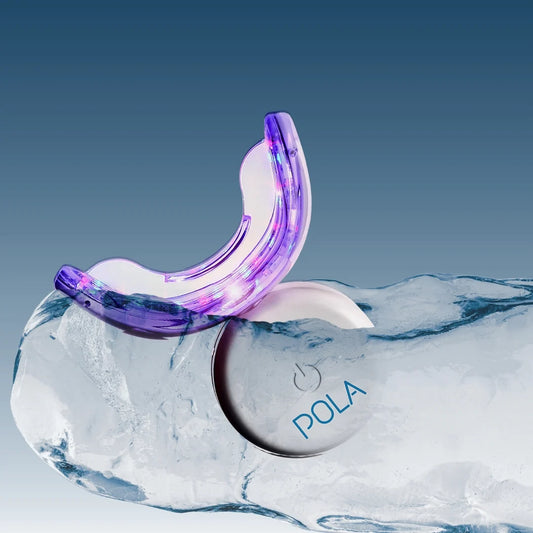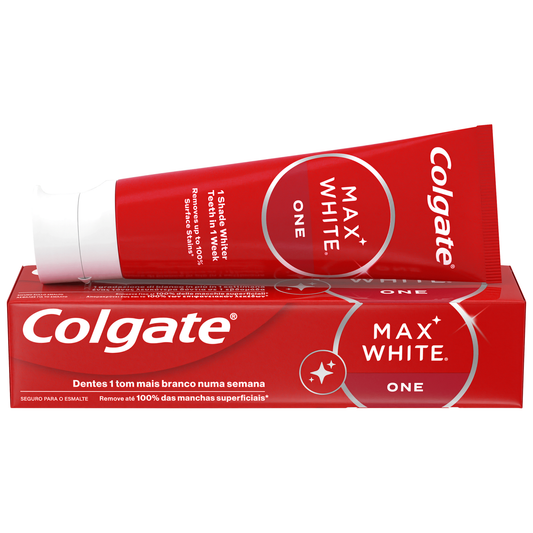Teeth whitening: how to eliminate tooth pigmentation

Teeth Whitening: Effective Strategies to Eliminate Tooth Pigmentation
The desire to have whiter, stain-free teeth is common and reflects not only aesthetic concerns but also an interest in oral health. This article delves into advanced teeth whitening techniques, exploring everything from at-home methods to professional procedures, and offers tips for keeping your teeth healthy and visually appealing after whitening.
Common causes of tooth pigmentation
Teeth discoloration can occur due to a variety of external and internal factors. Foods and drinks with intense pigments, such as coffee, tea, red wine, and some soft drinks, are known to contribute to tooth discoloration. Tobacco use is also a significant cause of tooth staining. Additionally, factors such as aging and certain medications can change the color of teeth, resulting in a yellowish or even grayish appearance.
Teeth whitening methods
There are several methods for whitening teeth, varying in effectiveness, cost and application. Here are the most popular:
-
Home whitening: This involves whitening gels applied to trays that are shaped to the shape of the teeth. These products are effective for many people and can be purchased through commercially available whitening kits or prescribed by dentists. Some examples include the White Pearl Whitening System and Opalescence whitening kits.
-
Professional whitening: Performed in a dental office, this method uses stronger whitening agents and often light or heat to speed up and intensify the whitening process. It’s the quickest option for visible results and can effectively remove deeper stains.
-
Whitening toothpastes and mouthwashes: These are products for daily use that help remove surface stains and prevent new ones from forming. These products, although less powerful than the previous methods, are useful for maintenance after more intensive treatments.
Maintaining results
Maintaining teeth whitening results requires ongoing care and preventative practices:
-
Avoid staining foods and drinks: Certain substances are particularly likely to stain teeth. Limiting your intake of coffee, tea, and red wine and avoiding tobacco use can prolong the effects of whitening.
-
Meticulous oral hygiene: Brushing your teeth at least twice a day, flossing regularly, and rinsing with a mouthwash will help keep your teeth clean and free from new stains.
- Regular checkups: Regular dental checkups are crucial to assessing your oral health and performing professional cleanings, which can remove tartar and stains before they become worse.
Teeth whitening can significantly improve the aesthetics of your smile and, indirectly, your confidence and well-being. Choosing the method that best suits your needs and lifestyle is essential. For more information about specific products and teeth whitening treatments, it is recommended to consult a qualified dental professional. With proper care, the results can be long-lasting and transformative.



